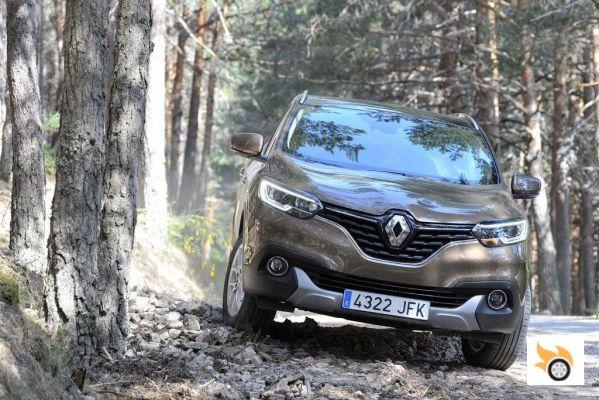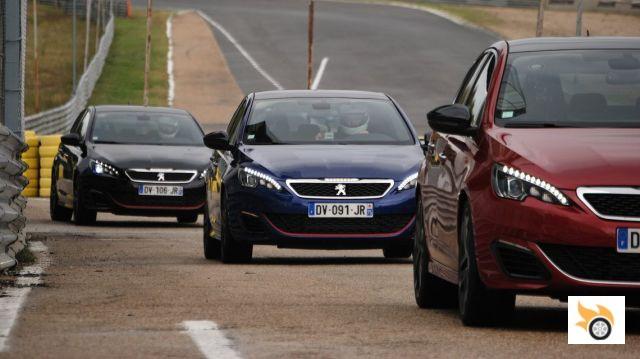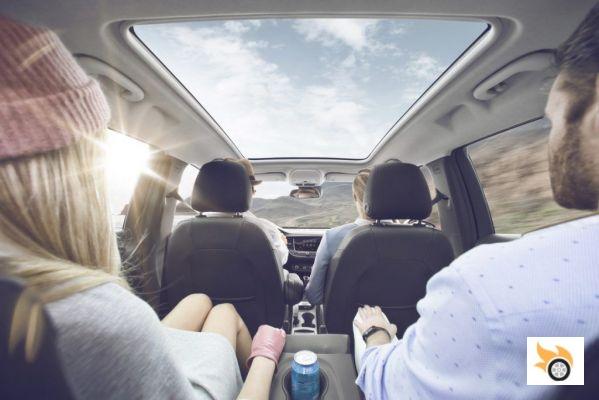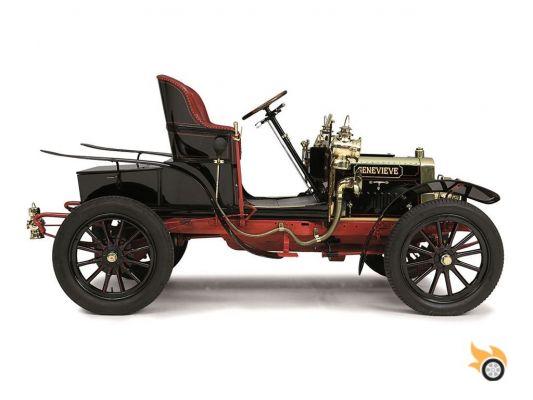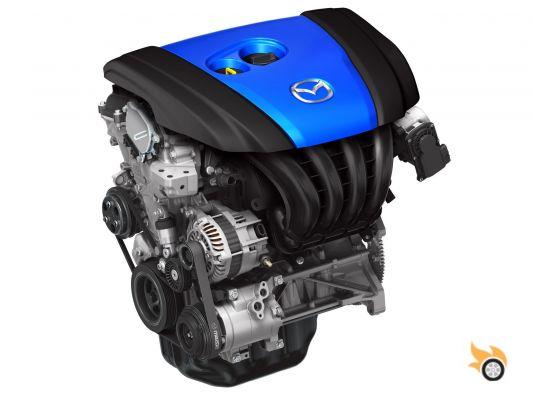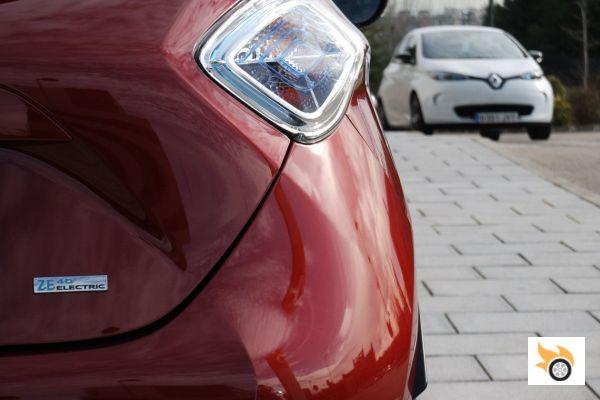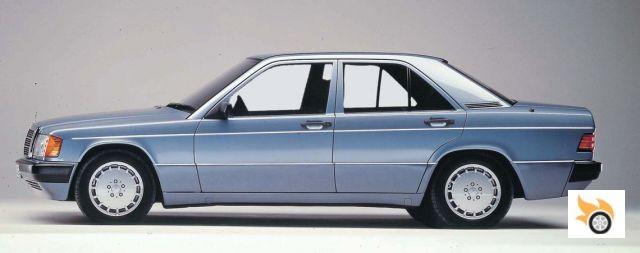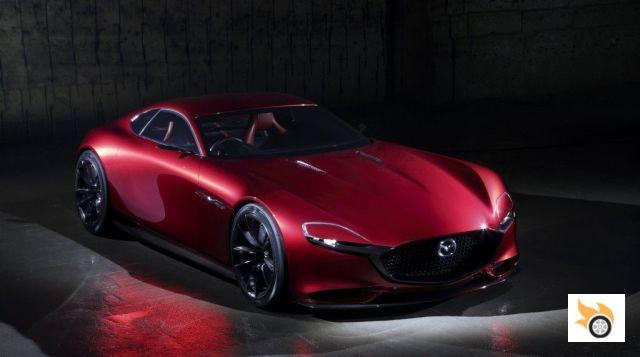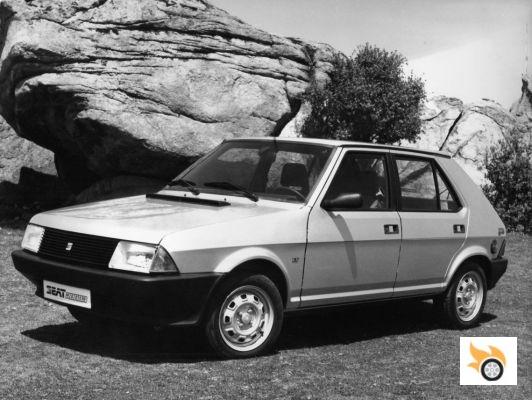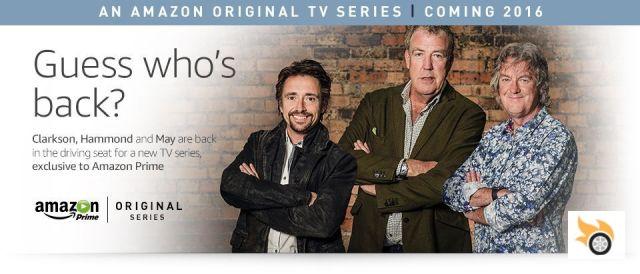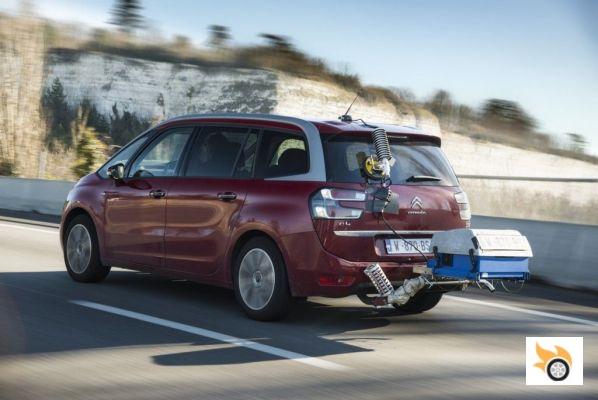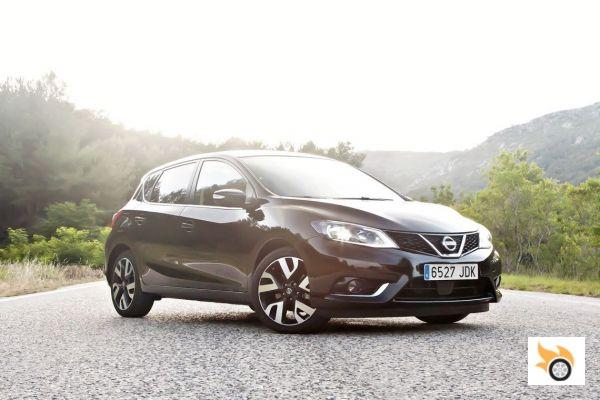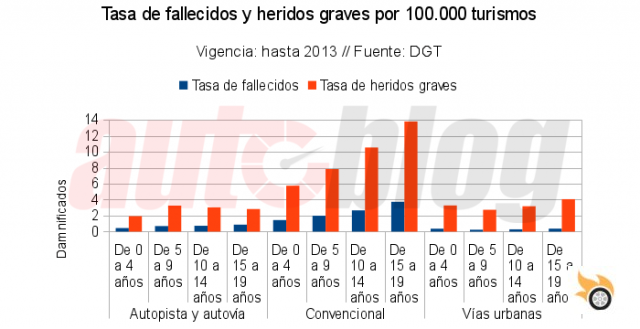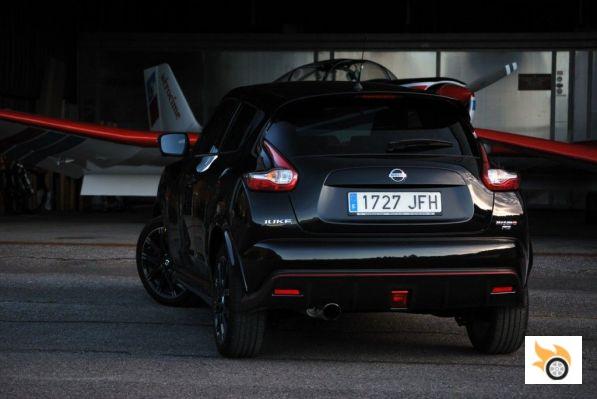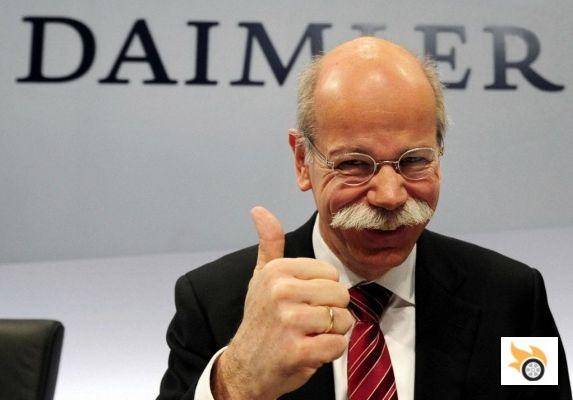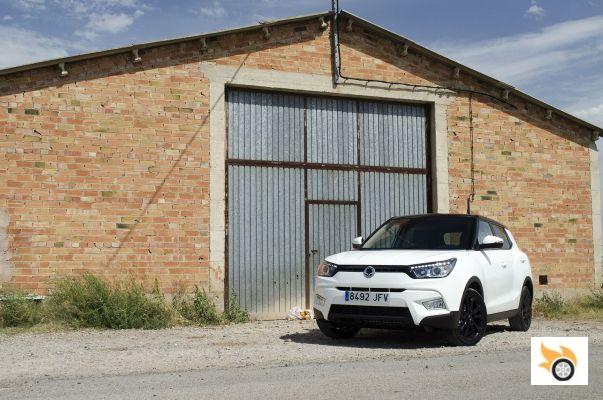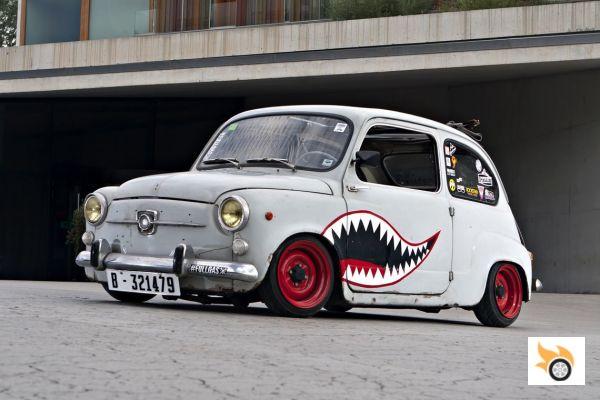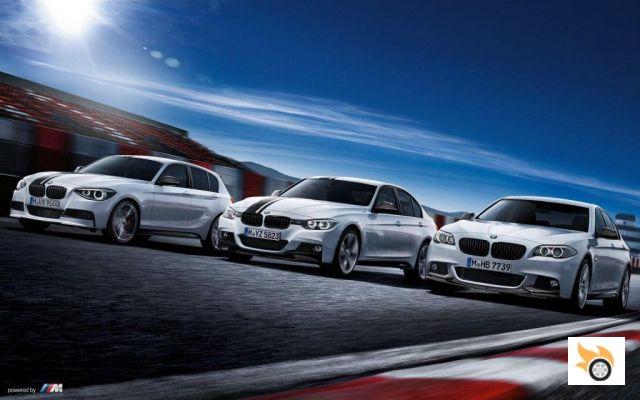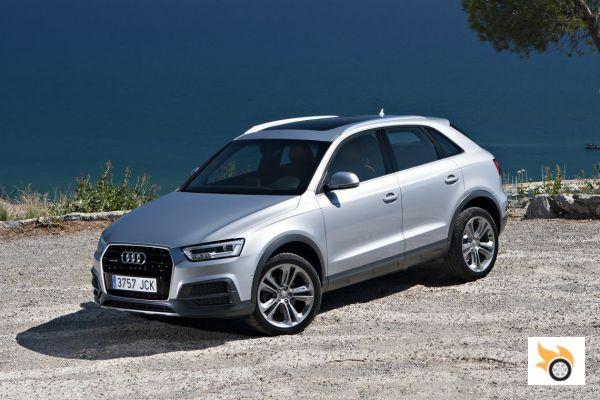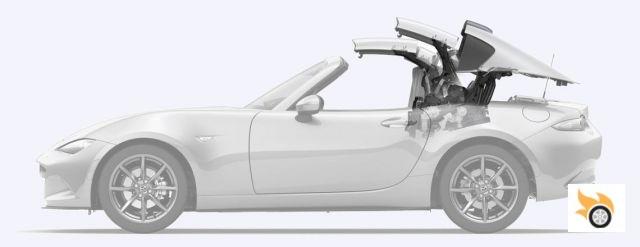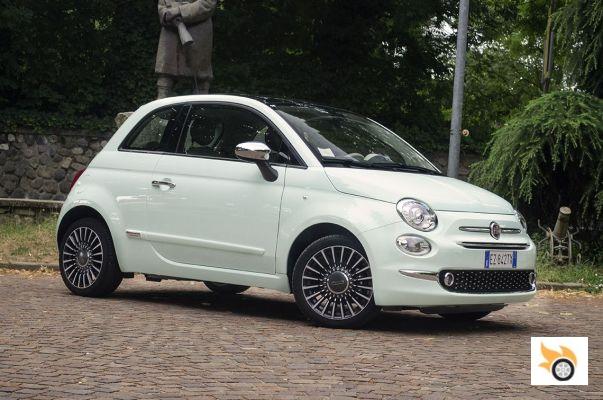In the history of TVE there are several programs that have addressed road safety in a commendable way, starting with "Cuatro Tiempos", then came "La Segunda Oportunidad" and in the mid 80's "Así fue, así lo cuenta". As more than one will know, the best known face of those programs, and the one who put a face to them, is a well-known motoring journalist of whom I am a grandson: Paco Costas. Without that link... I wouldn't even have heard of some of those programmes.
I know first hand that they have tried on more than one occasion that a space like that return to the small screen, but the obstacles have been diverse, starting with the profitability. In "Seguridad Vital" no cars are destroyed or accidents are simulated, there is no budget and the economic situation of RTVE makes it totally unfeasible, but you can also do pedagogy with less shocking methods.
The necessary budget to make a modern "Second Chance", in open, is only within reach of the duopoly Atresmedia-Mediaset, and if they do not do it, it is because it is not profitable. Pim pam evidence. RTVE accumulates hundreds of millions of euros of debt, and we have to be realistic.
I found the programme enjoyable -and short- in which the topics are touched according to the type of modern viewer: with its Twitter hashtag (#seguridadvital), short contents but with powerful messages, subjective cameras, a dynamic style of narration and trying to avoid, as far as possible, a soporific moralistic message that tires the viewer. Some messages don't enter our heads if we despise the sender and his way of doing things, and you all know it.
The first reactions on social networks have been very positive, the program has been liked, but we will have to see the ratings. I know that both Hirschfeld and Solano have promoted the show as much as they could on radio and television, even on the Internet. It's a pity that a good part of the motoring digital media haven't considered something like this newsworthy.
Let's not forget that the current motoring offer on TV is mainly product oriented, not road safety oriented. Although the accident figures are a far cry from what they were when those old programmes were broadcast (especially in relation to the vehicle fleet), there are messages that never go out of fashion. Cars have improved, as have infrastructures, but society still has a long way to go.
Initiatives that add up #SeguridadVial #DirectoraTráfico en presentación @seguridad_vital en la 1 de @rtve pic.twitter.com/2SDWU9VKTx
- Dir. Gral. Tráfico (@DGTes) junio 12, 2015
I thought it was particularly appropriate that one of the first contents of the program focused on the use of social networks while driving, and also mentioned the stupid fashion of taking pictures or selfies while driving. Unless we are experts in photography or have the appropriate means, the difference between taking a photo parked or on the road is rather in our level of unconsciousness. It won't show in the photo and it's not worth it.
Do Instagram or Facebook compensate our vanity financially or anything worth the risk? No, they only feed that vanity. Pictures of pouting in the mirror or posturing may be equally irrelevant, but at least they don't endanger anyone.
I just hope that RTVE's management, known for all the times they've screwed up in recent years, doesn't sacrifice the show. The audience matters, but in a channel without advertising, no, especially if we talk about its vocation of public service. Content like Masterchef is fine for commercial channels, but this is more useful.
Maybe the chosen schedule is not the best, but well, we'll see. Motoring programmes are usually broadcast at the weekend, and in the morning. Hopefully the program will have a good duration, and there will be more seasons, it's something necessary.
I was struck by the fact that one of the guests, Francis Lorenzo, defined himself as a calm and prudent driver. The well-trained eye will have noticed that he put his hand inside the steering wheel rim (a bad habit inherited from the times of power steering), that he leaned his elbow on the door, that he looked at the presenter in the right seat (you don't look at the passengers while driving!) or that he moved the steering wheel with only one hand while keeping the other completely free (he was driving an automatic).
I don't mean to crucify Francis Lorenzo, his way of driving is not excessively different from that of the rest of the population, and I myself have seen myself leaning my elbow on the window or having my right hand welded to the gear lever. My driving instructor didn't restrain me enough, but he tried.
What do I mean by this? That such innocent habits can end up being dangerous, but first you have to be aware of it. There are many drivers like Francis, considered to be prudent, who have unhealthy driving habits. And we'll see more examples with the next guests. By the way, I appreciate the kind of guest they are going to bring to the show, a well-known face, but not for their scandals, the size of their breasts or the reality shows they have been in. You know what I mean.
Long live "Seguridad Vital".
The videos of the first season (2009) can be seen in the media library of RTVE (A la carta), today's program has not yet been uploaded, but should not take long.




